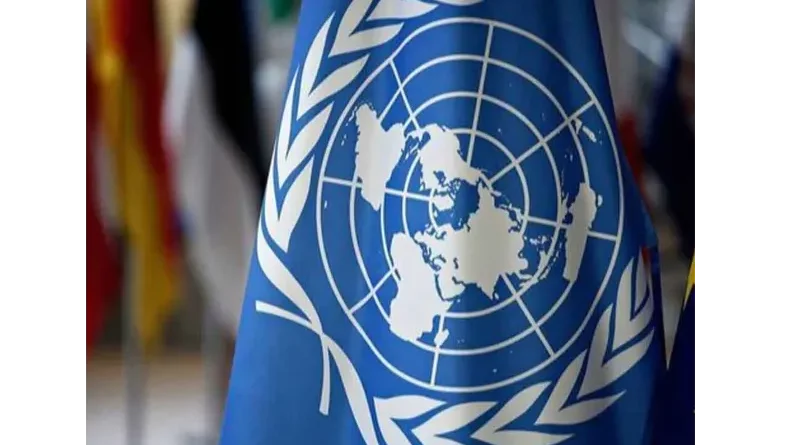UN General Assembly adopts resolution on combating Islamophobia
NEW YORK, 16th March, 2024 (WAM) — The United Nations General Assembly adopted a resolution on combating Islamophobia on the International Day for Combating Islamophobia.
The resolution, titled ‘Measures to Combat Islamophobia,’ was sponsored by Pakistan on behalf of the Organisation of Islamic Cooperation. It received support from 115 countries, while 44 abstained from voting, and no country voted against the resolution.
The resolution calls for the appointment of a special envoy by the United Nations tasked with combating Islamophobia.
Prior to the vote, Pakistan’s Permanent Representative to the United Nations, Ambassador Munir Akram, reviewed the draft resolution, stating that it follows the first resolution establishing the International Day for Combating Islamophobia, passed two years ago.
The resolution condemns any call for religious hatred, incitement to discrimination, hostility, or violence against Muslims. The General Assembly, in its resolution, urged member states to take necessary measures to combat religious intolerance, stereotypes, negativity, hatred, and incitement to violence against Muslims, and to prohibit by law incitement to violence and its practice on the basis of religion or belief.
Following the vote, the Secretary-General of the United Nations, António Guterres, spoke, highlighting that the effectiveness of the “International Day for Combating Islamophobia” shines a light on a vicious plague that represents a complete denial and ignorance of Islam and Muslims and their undeniable contributions: “The plague of Islamophobia”.
Guterres stated, “Around the world, we see a rising tide of anti-Muslim hate and bigotry. That can come in many forms. Structural and systemic discrimination. Socioeconomic exclusion. Unequal immigration policies. Unwarranted surveillance and profiling. Restrictions in accessing citizenship, education, employment and justice.”
The Secretary-General warned of “institutional barriers violate our shared commitment to human rights and dignity. They also perpetuate a vicious cycle of exclusion, poverty and disenfranchisement that echoes across generations.
“Meanwhile, divisive rhetoric and misrepresentation are propagating stereotypes, stigmatising communities and creating an environment of misunderstanding and suspicion.”
The Secretary-General also pointed out that all of this could lead to increased harassment and even explicit violence against Muslims. He emphasised that hatred destroys the fabric of our societies, undermines equality, understanding, and respect for human rights, upon which the future of a peaceful world relies.
During his address to the General Assembly, the Secretary-General stressed the importance of not remaining bystanders while hatred and bigotry spread, noting that the effectiveness of the day reminds us that we all have a responsibility to confront and eradicate the scourge of bigotry against Muslims.
He stated that for approximately two billion Muslims around the world, Islam is the pillar of faith and worship that unites people in every corner of the globe. And “let us remember that it is also a pillar of our shared history.”
The Secretary-General highlighted the significant contributions made by Muslim scholars in culture, philosophy, and science, stating, “Muslims hail from all countries, cultures and walks of life. They represent the wonderful diversity of the human family.”

